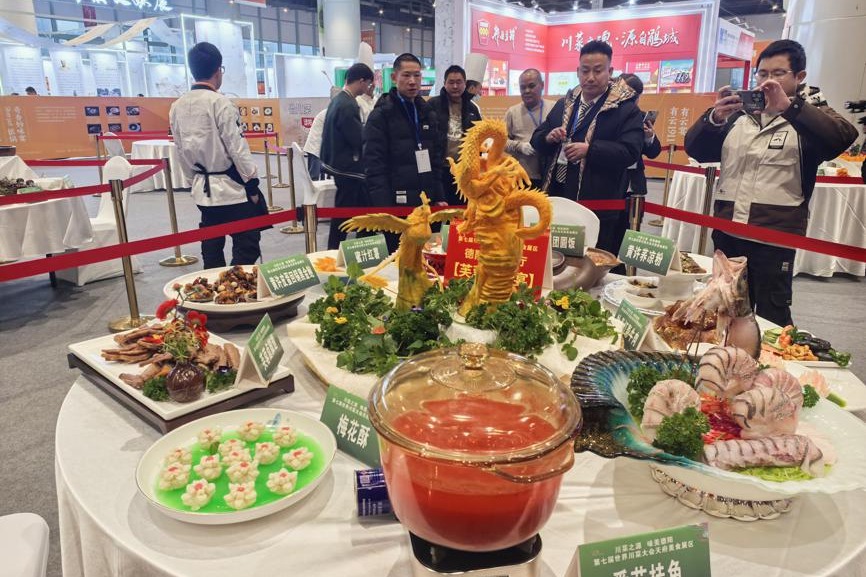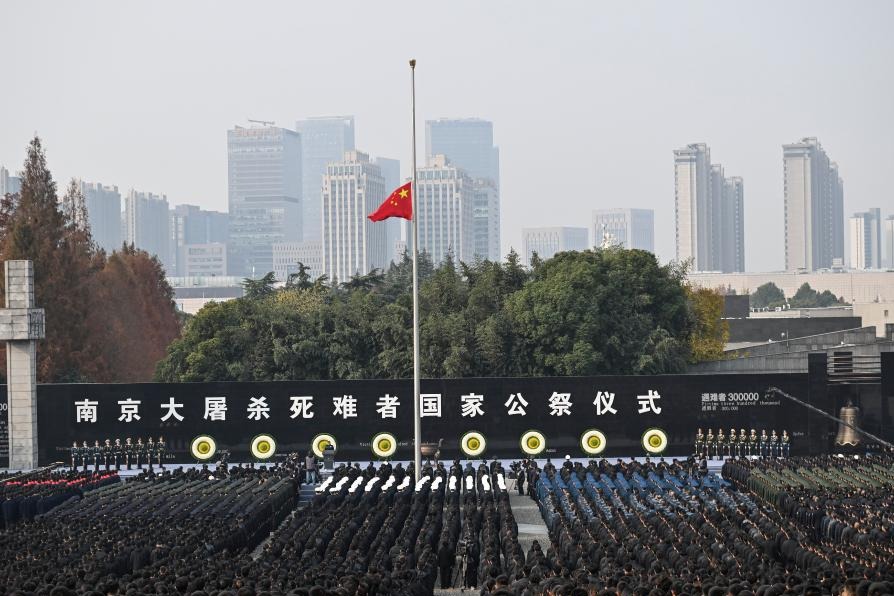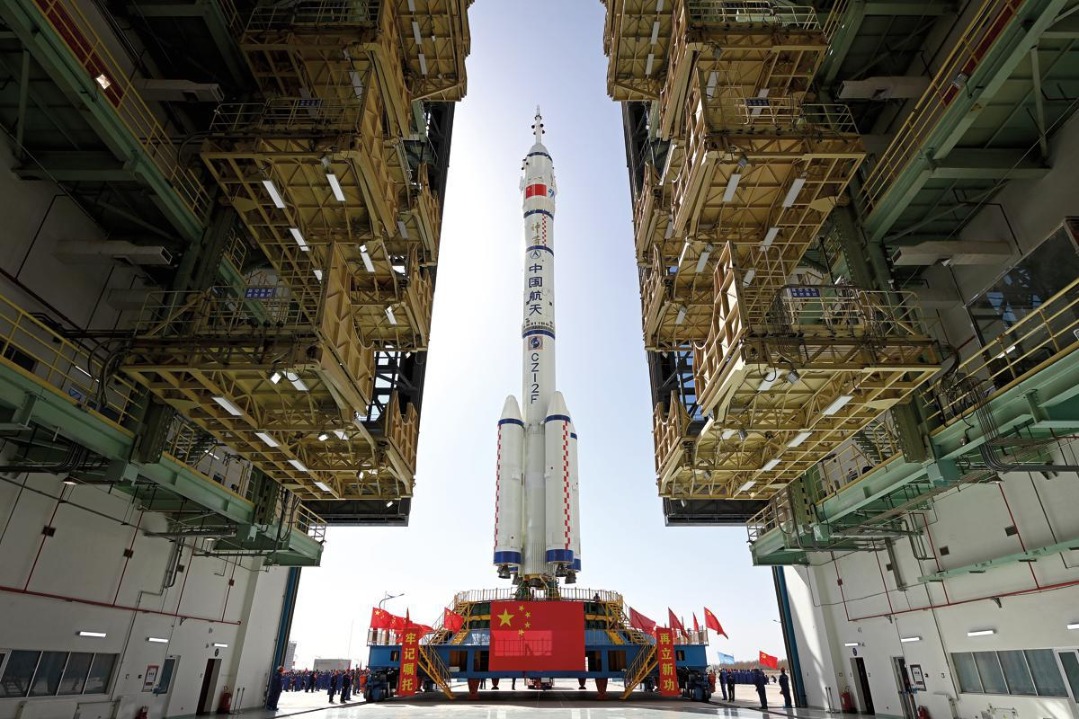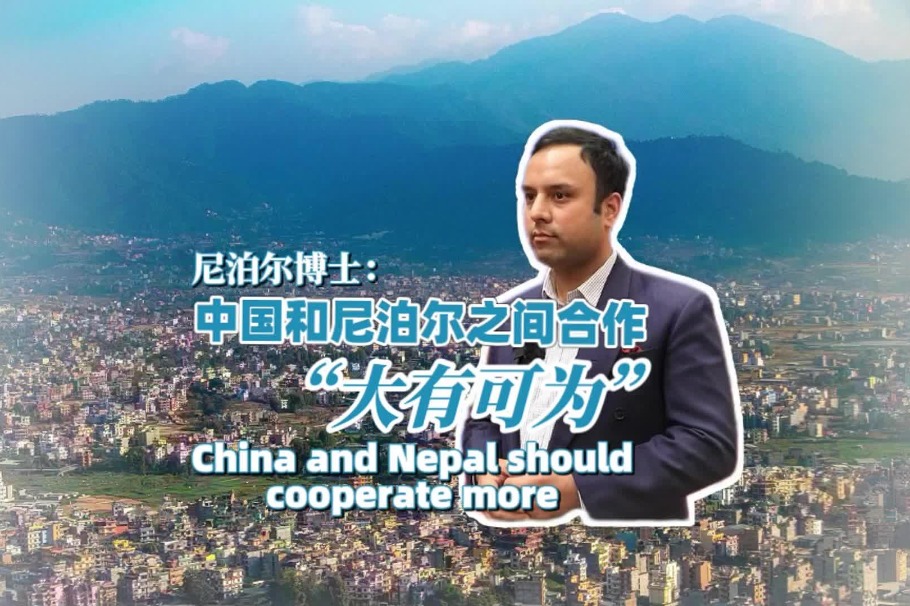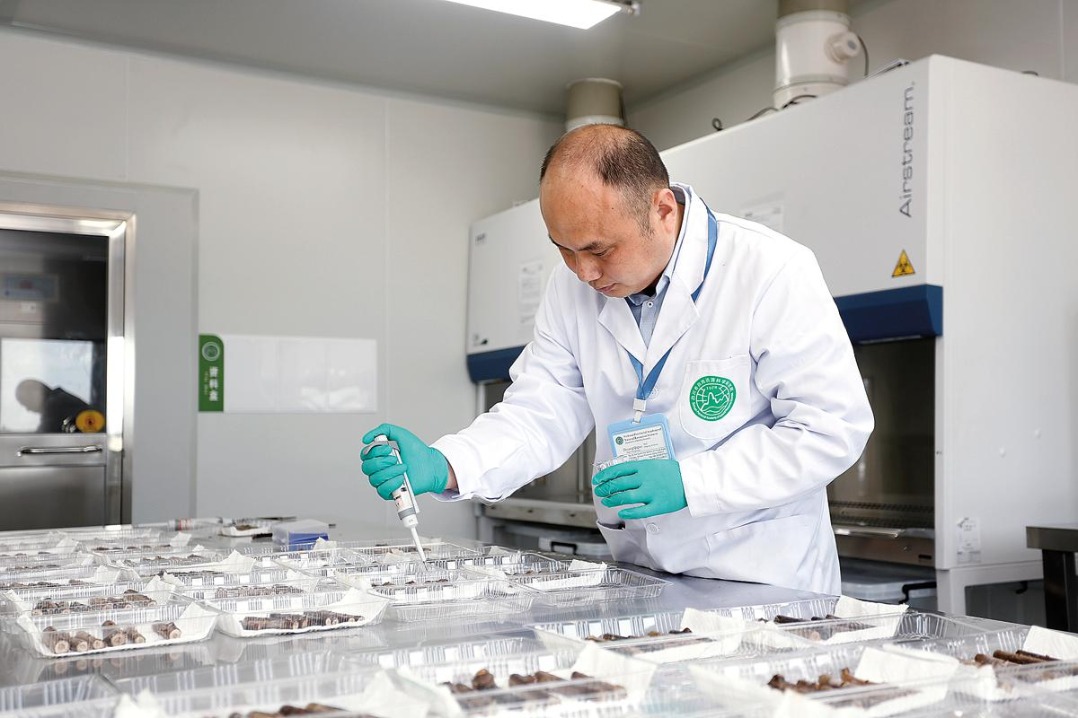A 'varsity of the future' for Macao
SAR sees a bright future for higher education, capitalizing on the "one country, two systems" framework, appropriate economic diversification, and making the city a favorable place for higher studies for students. CityU Macao Rector Liu Jun talks to Wu Kunling.

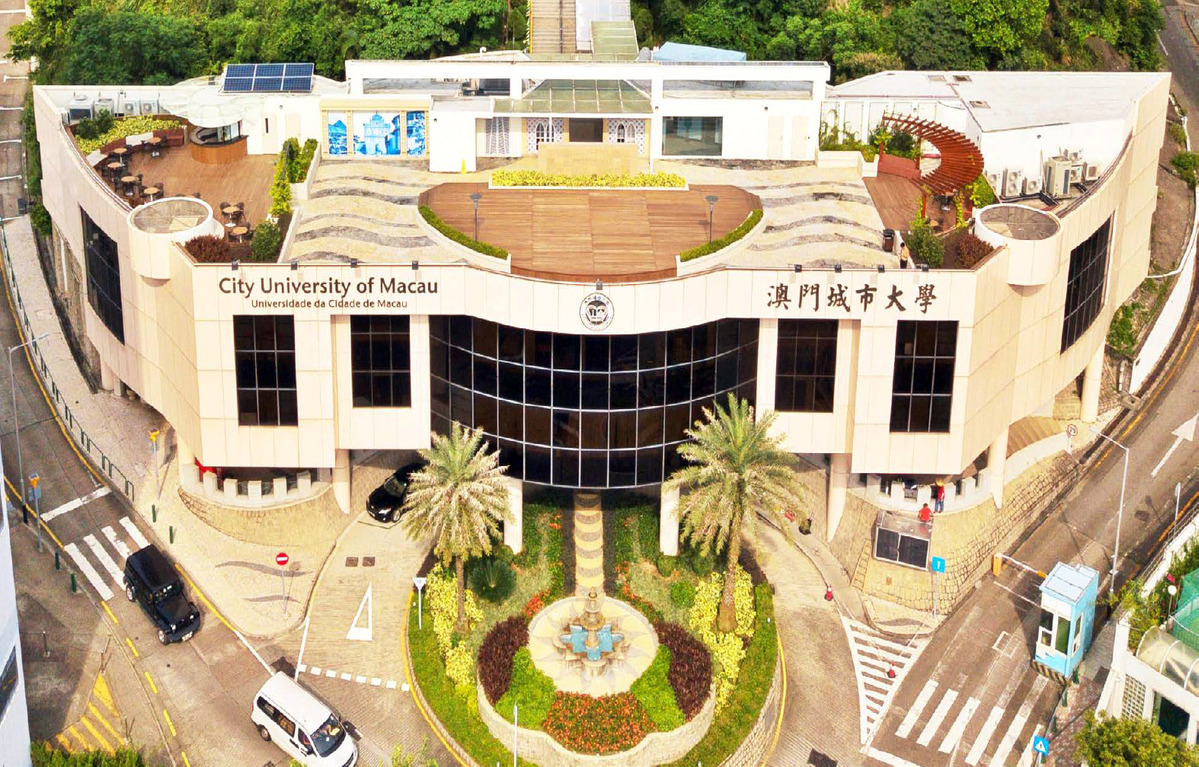
Drawn by the city's burgeoning higher education sector and its enormous potential, Liu returned to Macao in 2021 from abroad and embarked on a new chapter in his education career.
Renowned for his expertise in applied linguistics and intercultural communication, he had taken up leading roles at several universities in the United States, including Stony Brook University, Georgia State University and the University of Arizona.
Within three years, CityU Macau's student population has grown from 7,000 during the COVID-19 pandemic to 12,000. The institution's international exchange network has continued to expand through domestic and international exchanges, with the number of students and scholars from overseas continuing to rise.
Liu emphasizes that the key to maintaining such performance is to provide students with high-quality teaching and a richer educational journey to ensure they can achieve real success. This applies not only to CityU Macau, but also to the entire education realm.
For CityU Macau, fostering individuals with interdisciplinary expertise by integrating disciplines is its top priority.
Liu points to the school's continuing infusion of AI and big data into other disciplines. Among its 10 colleges, the Faculty of Data Science has not only fulfilled its academic duties, but also contributed to the development of other disciplines on the campus, with AI integration reshaping all fields of studies. At present, courses in the big health industry encompass smart healthcare and senior living services, and students taking finance courses are required to explore financial technology as well.
In the AI era, rapid technological advancements are revealing limitations in traditional disciplines, says Liu, adding that the education sector should adopt a more forward-looking approach in designing disciplines, better equipping students for the societal and job market demands.
Moreover, Macao's traditional core disciplines, like the Portuguese language and tourism, should also embrace interdisciplinary knowledge. With vast language teaching experience, Liu says language is merely a tool for communication. CityU Macau encourages Portuguese-language students to pursue diverse double major courses like marketing, analysis, logistics operations, and computer science.
Highlighting the significance of English in promoting tourism, Liu notes that as Macao strives to become a world center of tourism and leisure, many mid-to-senior level managers in the tourism business are proficient in English, facilitating interactions with tourists from all parts of the world. Such proficiency is also a requirement he sets for his students.
To help Macao's younger generation tell China's good stories to the world, Liu says it is incumbent on the education sector to equip young people with a broad international outlook beyond borders.
Macao's education is fast developing a growing pool of versatile talents with practical skills and a global perspective, and, by the time the Macao SAR celebrates its golden jubilee, its future leaders would be the pillars and facilitators of national development.
Contact the writer at [email protected]
















